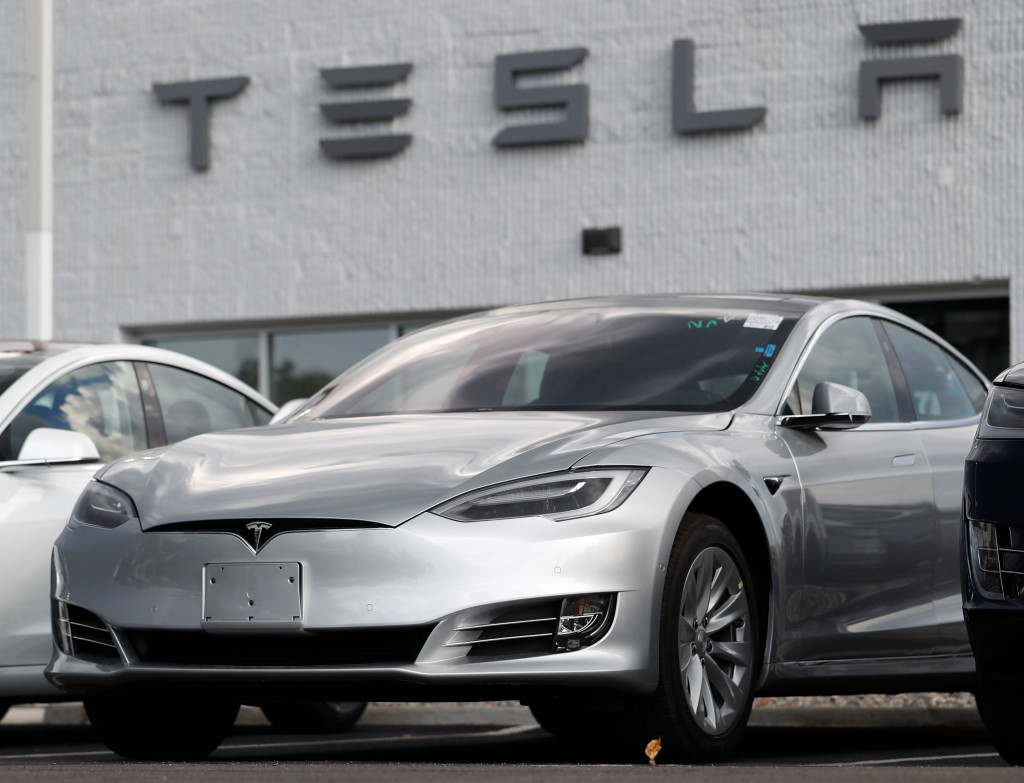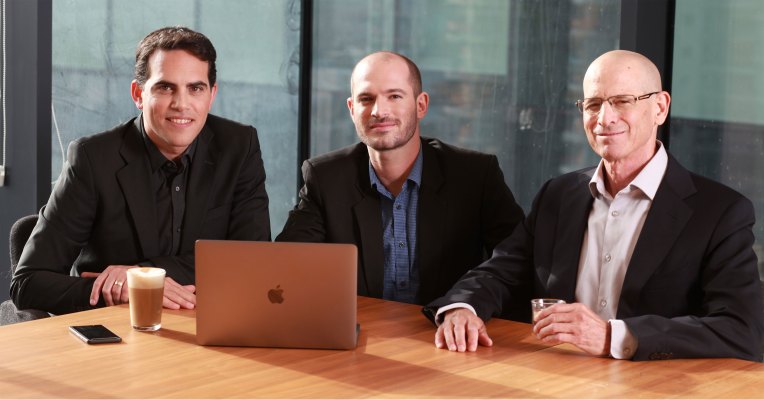As part of the continuing global rollout of LanzaTech’s technology to capture carbon dioxide emissions and turn those emissions into fuel and chemicals, the company is rolling out a new small-scale waste biomass gasifier in India.
The new gasifier, which was announced Tuesday on TechCrunch Disrupt’s virtual stage, will be hosted at Mangalore Refinery and Petrochemical, one of India’s largest refiners. The LanzaTech gasifier, which will be built in partnership with Indian project development firm Ankur Scientific, will use waste to make ethanol and chemicals rather than power.
While most of the industry uses large-scale, expensive oxygen-blown gasifiers to make liquids, the LanzaTech air-blown technology is much cheaper and easier to operate and can still produce bacteria at a scale that produces a meaningful amount of ethanol.
Contamination also isn’t an issue with the gas feedstock for LanzaTech’s bacteria, according to LanzaTech CEO Jennifer Holmgren . The new process can produce biochar that ends up replacing fertilizer in soil and thereby reducing nitrogen oxide emissions, which are another greenhouse gas contributing to global climate change.
If the pilot project is successful and the gasifiers are rolled out at scale across India, it could mean an ability for the country to produce roughly 25 billion liters of ethanol per year and result in removing 60 million tons of carbon dioxide annually, according to LanzaTech’s estimates.
“Overall something that people said makes no sense, may well make sense and may well result in benefits beyond just the immediate reuse of waste agri carbon and production of a fuel that results in keeping some petroleum in the ground,” according to a statement from Holmgren. “Holistic systems thinking is the way.”
For Holmgren, the small pilot project in India is an example of how small-scale, low-cost distributed systems can compete with the big oil industry.
“There are two paths to scale, bigger which is cheaper per unit produced, or massively replicating a small scale unit (numbering up versus scaling up),” Holmgren said. “Most people have always believed that numbering up is for toys and food, but I think it will also fit process technology. Certainly, larger fits petroleum, but it can’t fit biotechnology or biomass or waste gases which are distributed and difficult to move.”
Decarbonization, Holmgren believes, will require a reimagining of traditional systems if humanity is to break the carbon cycle that’s now causing global climate catastrophes that can be observed in the Western United States right now.
“We must not benchmark today’s innovation against the past; we must, instead, imagine and create a very different future, one where the production of energy, fuels and chemicals is based on distributed, rather than centralized principles,” said Holmgren. “Recent breakthroughs in miniaturization, automation, AI and 3D printing enable distributed production beyond anything that could have been previously imagined and of course, a simple gasifier will help that along.”










